News
Swiss officials launch Qatar World Cup bribery investigation
Swiss officials have launched an investigation into World Cup bribery allegations involving the Chairman of Paris St Germain and Sepp Blatter’s former right hand man.
The tiny country found on the coast of the Arabian Peninsula is currently being ostracized by its neighboring Gulf nations, who have accused Qatar of funding terrorism, but it didn’t stop FIFA from awarding the nation with the 2022 World Cup.
It had to be rigged right, after all this is FIFA we are talking about.
Despite the fears of bribery and corruption nothing concrete has surfaced regarding the awarding of the World Cup to Qatar, but a recent investigation by the Swiss Office of the Attorney General, has thrown up bribery allegations relating to TV broadcast rights.
The quadrennial event is worth $5 billion to FIFA, and a big slice of that pie will be television broadcast rights. On Thursday, reports began surfacing that the Swiss authorities were interested in questioning Nasser al-Khelaifi, a Qatari businessman, Chairman of Paris St Germain (PSG) and the CEO of the beIN Media Group on allegations that he bribed the former FIFA general secretary, Jérôme Valcke, in return for lucrative broadcast rights.
The link to Valcke doesn’t help al-Kehlaifi’s case. Valcke is currently staring down the barrel of a ten year ban from all football relating activities after US Officials found him guilty of a number of ethical violations including misuse of private jets, dodgy World Cup ticket sales, and other financial discrepancies. He is preparing to appeal the decision. A third person is involved, but is being referred to as an ‘unknown businessman.’
The bribery allegations concern media rights to the 2018, 2022, 2026 & 2030 World Cup Finals. Investigators have searched the BeIN offices in Paris and a series of other locations in Greece, Italy, and Spain. A statement from BeIN says they, ‘refute all the allegations,’ and the PSG Chairman has not been questioned.
The latest investigations come two-years after the US Authorities announced a broad array of indictments connected to corruption within the corridors of power at FIFA leading to the removal from office of former FIFA President Sepp Blatter and his number two Valcke.
Nasser al-Khelaifi is the man who brokered the ridiculous €222m fee to take Neymar Jr from Barcelona to PSG, and is also considering a similar fee to make the loan signing of Kylian Mbappe from Monaco a permanent fixture.
Qatar’s finance minister, Ali Shareef Al-Emadi has said they are willing to spend over $200 billion on stadiums, roads, and a variety of other amenities including a new airport and hospitals. At least four people have died during stadium construction prompting more stringent audits and checks. Over 36,000 people are employed just for the World Cup project.
Worker deaths, allegations of ties with terrorist groups, and suspicions of corruption have prompted William Hill to offer odds on a replacement World Cup host list for 2022.

Latest News
Nexus International, Led by Gurhan Kiziloz, Secures Gaming License with $1.45 Billion Target for 2025

Gurhan Kiziloz, the key figure behind Nexus International, is strengthening his foothold in the online gaming industry, driving the company’s aggressive expansion strategy. Under his leadership, Nexus International manages Megaposta and Lanistar, two platforms that have significantly contributed to revenue growth. In 2024, the company recorded $400 million in revenue, and with Kiziloz’s expansion efforts, forecasts indicate that this figure could surge to $1.45 billion in 2025.
A crucial step in this trajectory is securing a Brazilian gaming license, granting Nexus International entry into one of the most regulated betting markets worldwide. Obtaining this license required compliance with strict financial and operational standards set by Brazilian regulators—an undertaking Kiziloz personally oversaw as part of his broader goal to establish the company in regulated spaces. With this authorization, Nexus International can legally operate and scale within Brazil, a market now focused on restricting unlicensed operators.
Kiziloz’s Influence on Nexus International’s Growth
Kiziloz has engaged in various industries, with his transition into online gaming reflecting a strategic response to shifting regulatory landscapes. Before stepping into the online gaming sector, he developed Lanistar as a fintech company, but under his leadership, it has since evolved into the gaming space. This shift aligns with his broader approach to restructuring and scaling business models in response to market demands.
His direct involvement has fueled the company’s expansion across Latin America. Megaposta has already established a presence in multiple countries, and with the newly acquired Brazilian license, Kiziloz has positioned Nexus International for further market penetration. His role has been instrumental in securing partnerships, ensuring compliance, and crafting strategies to compete with dominant players in the gaming industry.
However, this approach is not without its challenges. Brazil enforces stringent regulations covering advertising, taxation, and consumer protection. Any compliance violations could result in financial penalties or even the revocation of the company’s license. Kiziloz now faces the responsibility of maintaining Nexus International’s legal standing while navigating an increasingly competitive and tightly regulated market.
Strategies for Expanding Nexus International
Under Kiziloz’s leadership, Nexus International is targeting regions where legal online gaming is gaining traction. Megaposta has already gained significant market share in Latin America, and the newly obtained Brazilian license enables the company to operate openly, unlike unlicensed competitors who face restrictions.
Lanistar’s transformation from a fintech venture into an online gaming platform was a calculated step, allowing Nexus International to solidify its presence in sports betting and casino gaming. While Lanistar has shifted focus, it continues to operate as a fintech platform under Lanistar.app, maintaining its presence in the financial sector. By managing two platforms under the same corporate umbrella, Kiziloz diversifies revenue streams and expands market reach.
Brazil’s updated gaming regulations have created a landscape where only licensed operators can legally provide betting services. By securing Nexus International’s position within this regulatory framework, Kiziloz ensures the company can advertise, form local partnerships, and expand its customer base without the legal uncertainties of unlicensed operations. However, this also means facing higher operational costs and stricter regulatory constraints.
The Financial Targets & Hurdles Facing Kiziloz
Kiziloz aims to push Nexus International’s revenue to $1.45 billion through a combination of geographic expansion and increased user engagement. His strategy hinges on drawing more users to the company’s platforms and enhancing participation in sports betting and casino games, two of the most lucrative segments in the online gaming sector.
Yet, the industry presents several hurdles. Regulatory environments remain fluid, with governments frequently revising tax structures, imposing new restrictions, or introducing additional compliance measures. Any legislative changes in Brazil could directly impact Nexus International’s profit margins.
Additionally, competition remains fierce, with well-established gaming brands boasting stronger customer loyalty and larger marketing budgets. To compete effectively, Nexus International must prioritize user retention, offer exclusive features, and implement strategic marketing efforts—while still adhering to regulatory limitations.
Cybersecurity also poses a significant challenge. Online gaming platforms are frequent targets for fraud and cyberattacks. To protect user data and maintain trust, Kiziloz must ensure substantial investment in security measures. Any failure in this area could lead to financial losses and reputational damage.
Future Expansion Plans for Nexus International
Beyond Brazil, Kiziloz is exploring opportunities to extend Nexus International’s presence into additional regulated markets. Several countries across Europe, Latin America, and Asia are refining their online gaming laws, and Kiziloz is actively evaluating the most viable regions for legal expansion.
Securing new licenses is a complex, time-intensive process requiring adherence to different tax regimes, advertising regulations, and consumer protection standards. Kiziloz must oversee negotiations, obtain legal approvals, and implement regional marketing strategies to ensure seamless entry into new markets.
While the Brazilian license has paved the way for growth, Nexus International’s success will ultimately depend on Kiziloz’s ability to navigate industry challenges. Maintaining compliance, mitigating risks, and competing against larger players will be crucial for sustaining momentum. His approach to regulatory adherence, strategic marketing, and technological investment will shape the company’s trajectory in the years ahead.
Latest News
SOFTSWISS Joins Pink October Movement

SOFTSWISS, a global tech company with over 15 years of expertise in iGaming, supports the global Pink October initiative to attract attention to preventing breast cancer.
This year’s Pink October campaign at SOFTSWISS is themed “A Minute Today, a Future Ahead” and emphasises the importance of early detection and preventative care. Breast cancer is the most common cancer affecting women, and early diagnosis is key in the fight against the disease. When it is noticed early, the 5-year relative survival rate is 99%.
Early detection involves doing monthly breast self-exams and planning regular clinical breast exams and mammograms. Half of the 2,000 SOFTSWISS employees are women, and the company will refund each of them for ultrasounds and mammograms in October and November.
Pink October at SOFTSWISS offers a wide range of activities throughout the month. In addition to reimbursing for medical examinations, an online webinar on mental health will provide valuable insights for those who face the disease. To support the international charity movement “Butterfly Support Mission”, women from SOFTSWISS will take part in a themed race.
The company’s employees also personally support the initiative. To further raise awareness, prominent female influencers from the SOFTSWISS community share information about the campaign across social media, amplifying the message of self-care and vigilance.
“Health is a crucial value beyond everything. Here, at SOFTSWISS, we aim to help and support our employees’ well-being and health every day. By promoting the Pink October initiative, we want to stress the importance of well-timed self-care and make this issue visible both within the iGaming industry and beyond,” shares Chief Marketing Officer at SOFTSWISS, Valentina Bagniya.
Notably, the iGaming industry recognised SOFTSWISS’ strong dedication to ensuring the best working conditions for its employees. A few weeks ago, SOFTSWISS received the esteemed accolade “Employer of the Year” at the SBC Awards.
Supporting the Pink October initiative for the second year in a row, SOFTSWISS continues to lead by example, emphasising the importance of preventive health measures and community support. Through this initiative, the company hopes to inspire its employees and society to take action today for a healthier tomorrow.
About SOFTSWISS
SOFTSWISS is an international technology company with over 15 years of experience in developing innovative solutions for the iGaming industry. SOFTSWISS holds a number of gaming licences and provides comprehensive software for managing iGaming projects. The company’s product portfolio includes the Online Casino Platform, the Game Aggregator with over 23,500 casino games, the Affilka affiliate platform, the Sportsbook software and the Jackpot Aggregator. In 2013, SOFTSWISS revolutionised the industry by introducing the world’s first Bitcoin-optimised online casino solution. The expert team, based in Malta, Poland, and Georgia, counts over 2,000 employees.
News
THE EVOLUTION OF GAMBLING IN SWITZERLAND – FROM PROHIBITION TO A DIGITAL BOOM

Switzerland, renowned for its picturesque landscapes, exquisite chocolates, and financial prowess, is also home to a turbulent gambling landscape that has undergone significant changes throughout its history. Once considered immoral and prohibited on religious and social grounds, gambling in Switzerland is now steadily embracing change and adapting to modern times.
THE HISTORY OF SWISS BETTING
Over the centuries, the Swiss have dabbled in various forms of betting. The first Swiss casino opened in the 19th century, quickly establishing itself as a vital social and cultural hub. However, this golden era was short-lived, as just a month after the opulent Interlaken Casino’s debut in 1859, the Cantonal Government imposed a blanket ban on all forms of gambling.
Despite this prohibition, the Swiss ingeniously continued their gambling activities by wagering on a game known as “petits-chevaux”, involving miniature metal horses racing on a small circular track.
It wasn’t until the early 1990s that Switzerland began to slightly relax its gambling prohibitions, signaling a shift away from the long-standing moral stigma attached to gambling. Nonetheless, even with new legislation in place, the ban wasn’t fully overturned, allowing only limited-stakes casino gambling.
THE CURRENT SITUATION
As time progressed, the digital age brought forth online forms of betting, including sports betting, which led Swiss punters to spend substantial amounts abroad.
Motivated by both economic considerations and the rising number of gambling addicts, Swiss politicians decided it was time to modernize their outdated gambling regulations.
In January 2019, the Swiss government introduced a new Gaming Act that legalized online betting for the first time while blocking all foreign operators. The primary goals of the new gambling law were to enhance protection against gambling addiction and ensure a portion of gambling revenue was allocated for public welfare, all while adapting to the challenges of the digital era.
Consequently, Switzerland now boasts one of Europe’s strictest gambling regulatory frameworks, allowing only two public operators, Swisslos and Loterie Romande, to provide sports betting services. Similarly, online casino services are exclusively offered by licensed brick-and-mortar casinos.
To date, nearly 400 domains have been added to the official list of blacklisted sports betting operators, and Swiss telecommunication service providers automatically block these domains using DNS blocks.
While domain blocking is a deterrent measure, it has its limitations. Technologically adept punters can easily bypass these blocks using VPN clients. At the same time, blacklisted operators persistently seek ways to provide their services to Swiss customers, often resorting to frequent domain name changes.
With the surge of unregulated online betting in Switzerland, the need for reliable resources such as BookiesBonuses, which help Swiss punters navigate the complex betting landscape and discover the best betting options has never been more critical.
THE FUTURE OF GAMBLING IN SWITZERLAND
Switzerland’s gambling future remains uncertain due to stringent regulations that raise questions about their effectiveness and the pressing need for regulatory reforms that balance player protection with fostering a competitive and vibrant betting landscape.
While the intent behind these measures is to safeguard citizens, they have inadvertently limited options for Swiss punters. Consequently, a growing number of individuals have turned to international bookmakers known for providing a broader range of betting options, more competitive odds, and attractive bonuses.
In this ever-evolving industry, staying well informed about the latest developments, regulations, and the most reputable offshore bookmakers is crucial for those seeking the best sports betting experience. This knowledge empowers bettors to navigate the shifting Swiss betting scene and make well-informed decisions.
-

 Latest News3 months ago
Latest News3 months agoWeek 17/2025 slot games releases
-
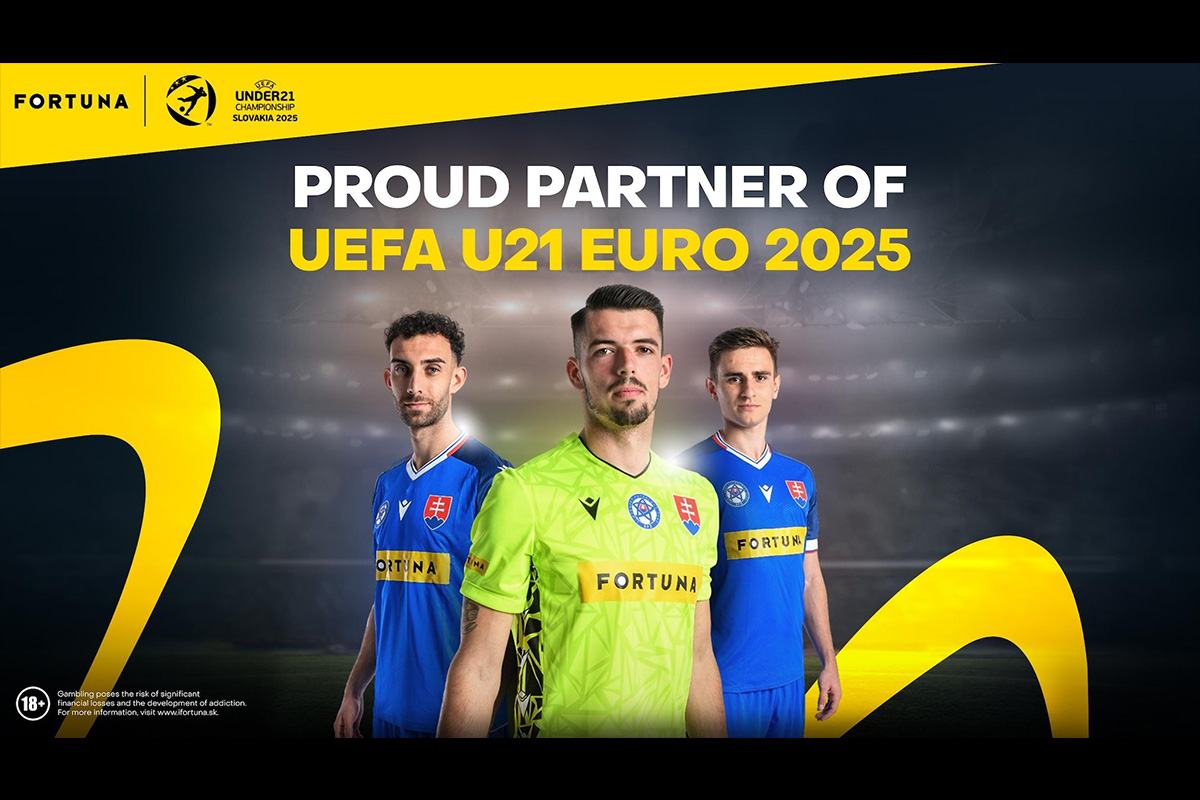
 Latest News3 months ago
Latest News3 months agoFortuna Partners with 2025 UEFA Under-21 EURO
-
Latest News3 months ago
Esports World Cup Foundation Confirms Full Game Lineup, Schedule, and Club Championship Rules for EWC 2025
-

 Latest News2 months ago
Latest News2 months agoELA Games Receives Key Nomination at EGR Marketing & Innovation Awards
-
Latest News3 months ago
ACR POKER’S NEXT HIGH STAKES ADVENTURE TAKES PLAYERS TO MONTENEGRO FOR PRESTIGIOUS SUPER HIGH ROLLER SERIES
-
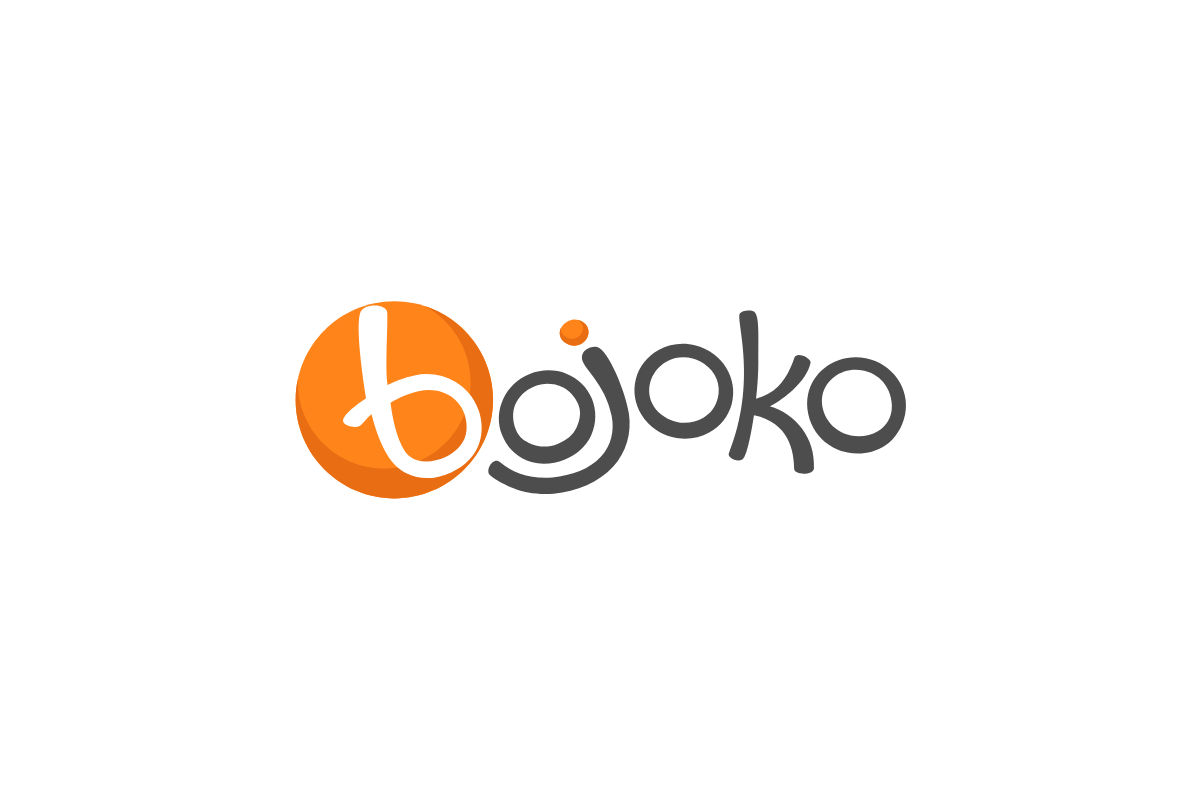
 Latest News3 months ago
Latest News3 months agoBojoko.com Surpasses €100 Million in All-Time Deposits Milestone
-

 Latest News3 months ago
Latest News3 months agoLeoVegas Group to Open a New Office in Leeds
-
Latest News1 month ago
LEGENDS by Fire & Ice: July 1st at The BOX Soho










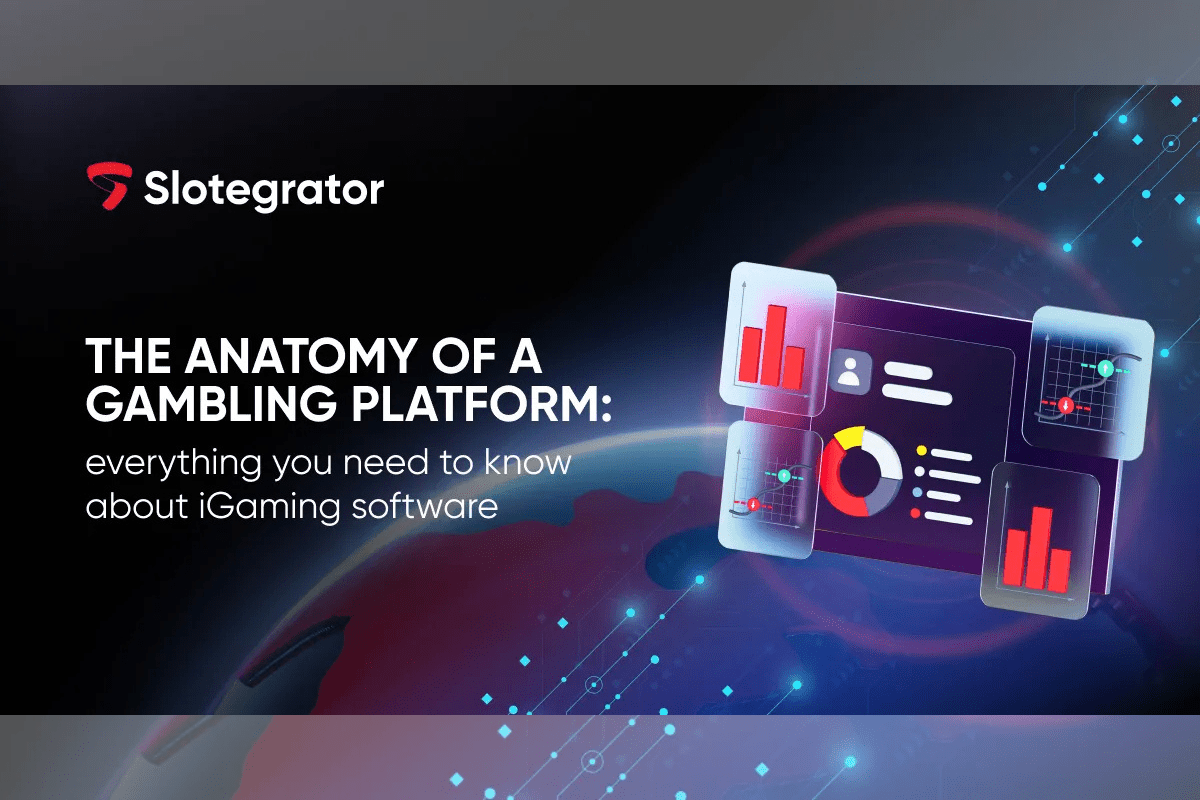
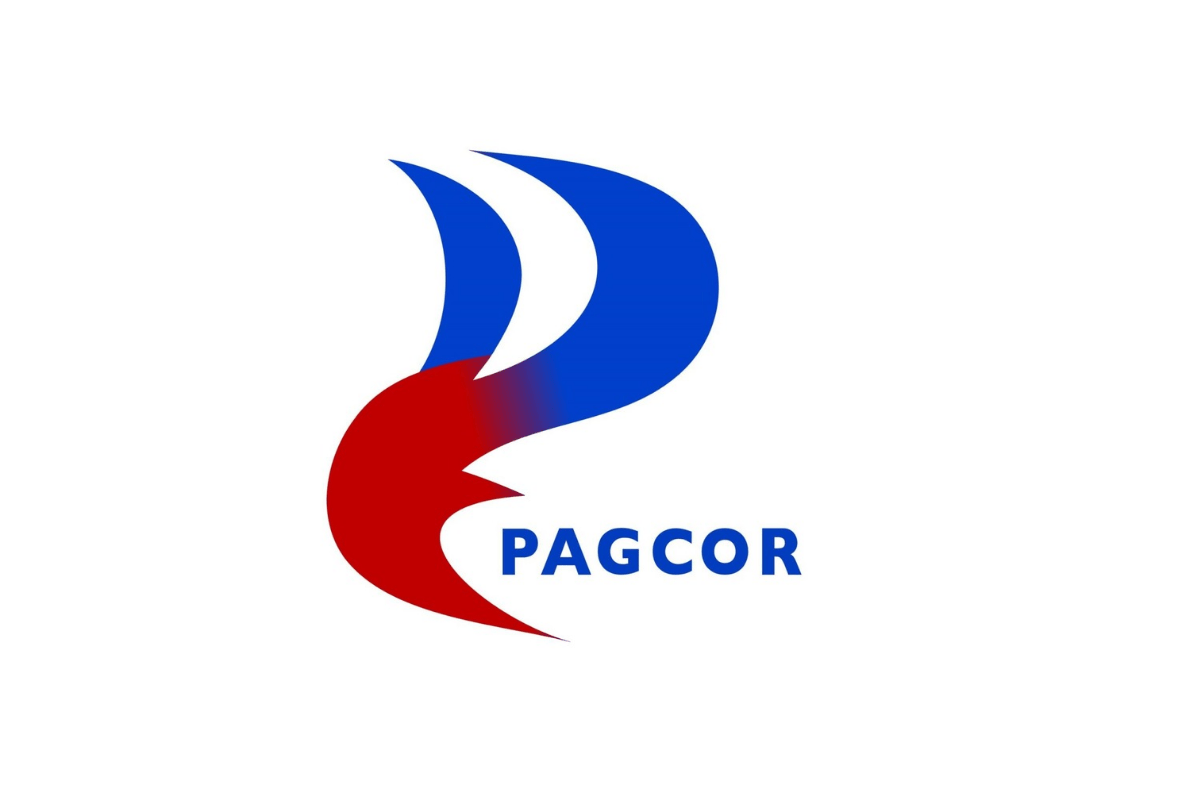





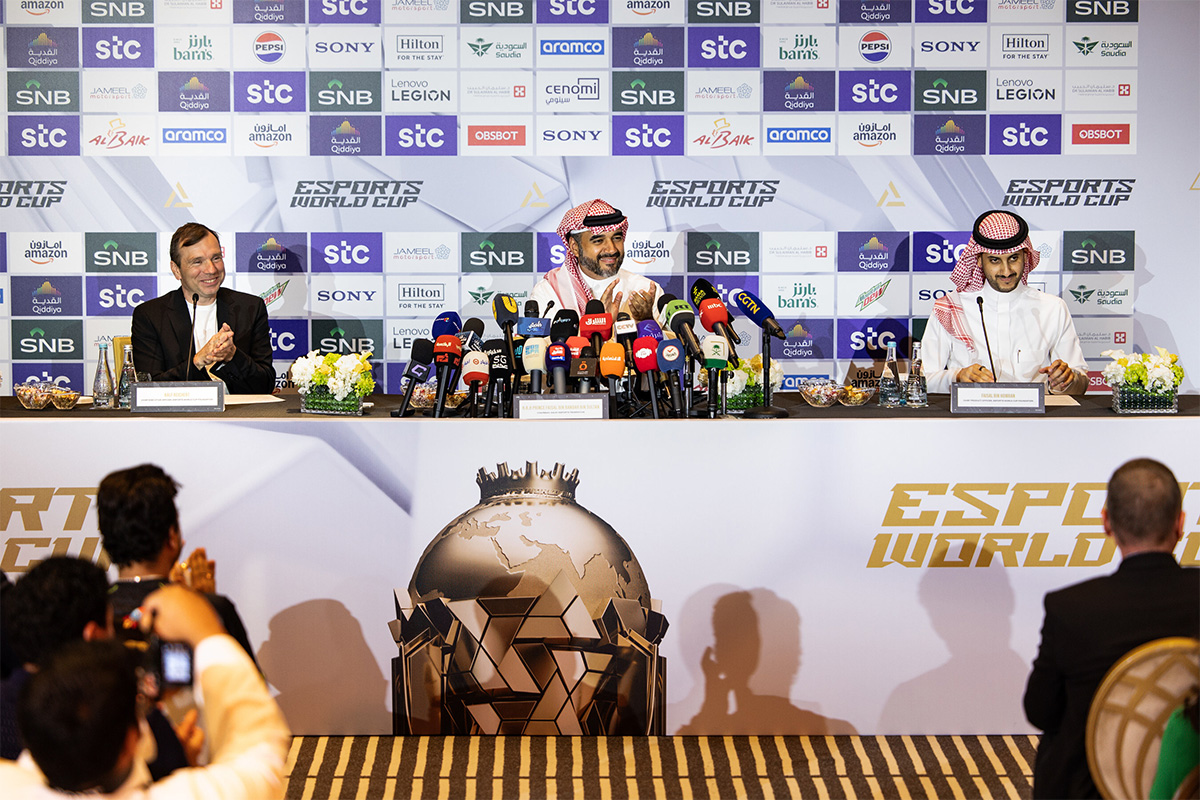

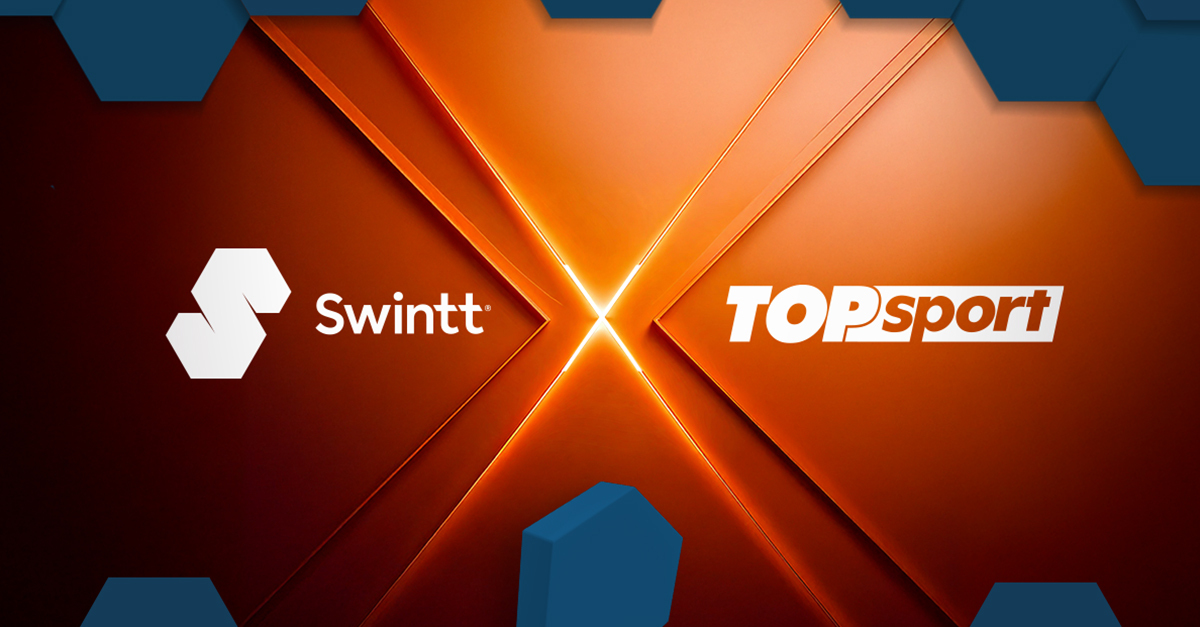
You must be logged in to post a comment Login